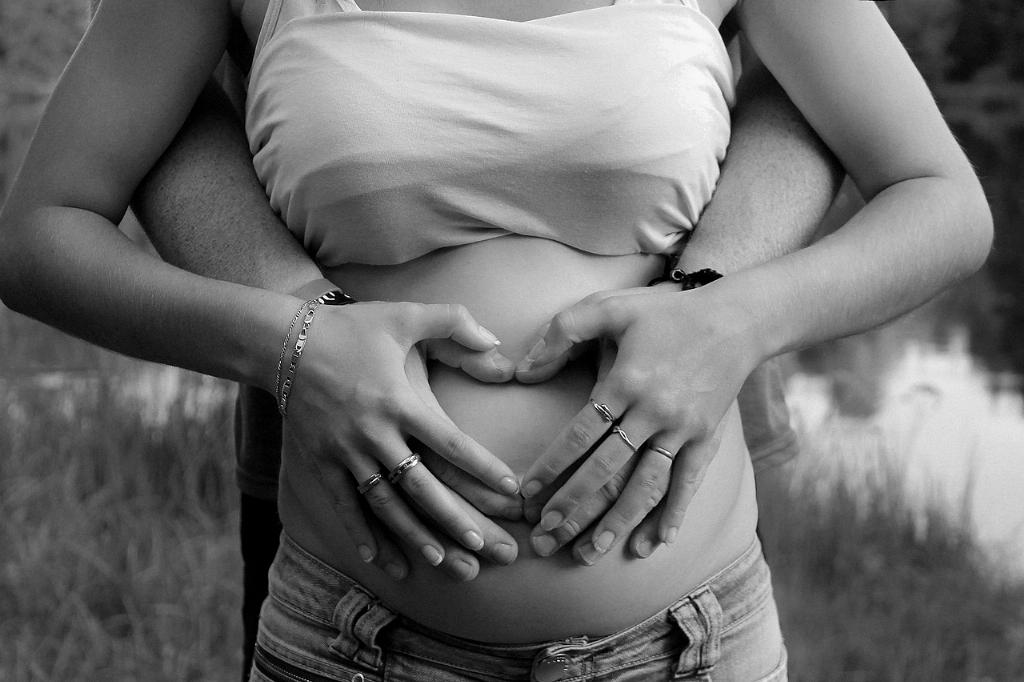When it comes to ensuring the health and safety of a pregnant woman and her developing baby, certain precautions need to be taken, especially in terms of vaccinations. While vaccines are crucial for protecting individuals from various diseases, there are specific types of vaccines that should be avoided during pregnancy.
Live Vaccines and Pregnancy
Live vaccines contain a weakened version of the virus they are targeting. In the case of pregnancy, live vaccines are generally avoided because of the theoretical risk that the weakened virus in the vaccine could cause harm to the developing fetus.
Vaccines to Avoid in Pregnancy
Some of the common live vaccines that are typically avoided in pregnant women include the Measles, Mumps, and Rubella (MMR) vaccine, the Varicella (chickenpox) vaccine, and the nasal spray flu vaccine (FluMist).
Measles, Mumps, and Rubella (MMR) Vaccine
The MMR vaccine is a live vaccine that helps protect against measles, mumps, and rubella. It is generally recommended that women avoid getting the MMR vaccine during pregnancy.
Varicella (Chickenpox) Vaccine
The Varicella vaccine is another live vaccine that protects against chickenpox. Pregnant women are advised to wait until after pregnancy to receive this vaccine to avoid any potential risks to the developing fetus.
Nasal Spray Flu Vaccine
The nasal spray flu vaccine, also known as FluMist, contains a live, weakened form of the flu virus. It is recommended that pregnant women avoid this vaccine and opt for the injectable flu vaccine instead.
Importance of Timing
Timing is crucial when it comes to vaccinations during pregnancy. It is essential for women to discuss their vaccination history and any upcoming vaccines with their healthcare provider to ensure that they are following the recommended guidelines.
Consulting a Healthcare Provider
It is always best for pregnant women to consult their healthcare provider before receiving any vaccines. Healthcare providers can provide personalized recommendations based on the individual’s medical history and current pregnancy status.
Protecting Maternal and Fetal Health
Avoiding certain vaccines during pregnancy is one way to protect both the maternal and fetal health. By following the guidelines and recommendations provided by healthcare professionals, pregnant women can ensure the safety of themselves and their developing baby.
Final Thoughts
In conclusion, while vaccines are essential for preventing diseases, there are specific vaccines that should be avoided during pregnancy due to the theoretical risk they pose to the developing fetus. It is crucial for pregnant women to be informed about the types of vaccines that are safe during pregnancy and to consult their healthcare provider for personalized recommendations.

